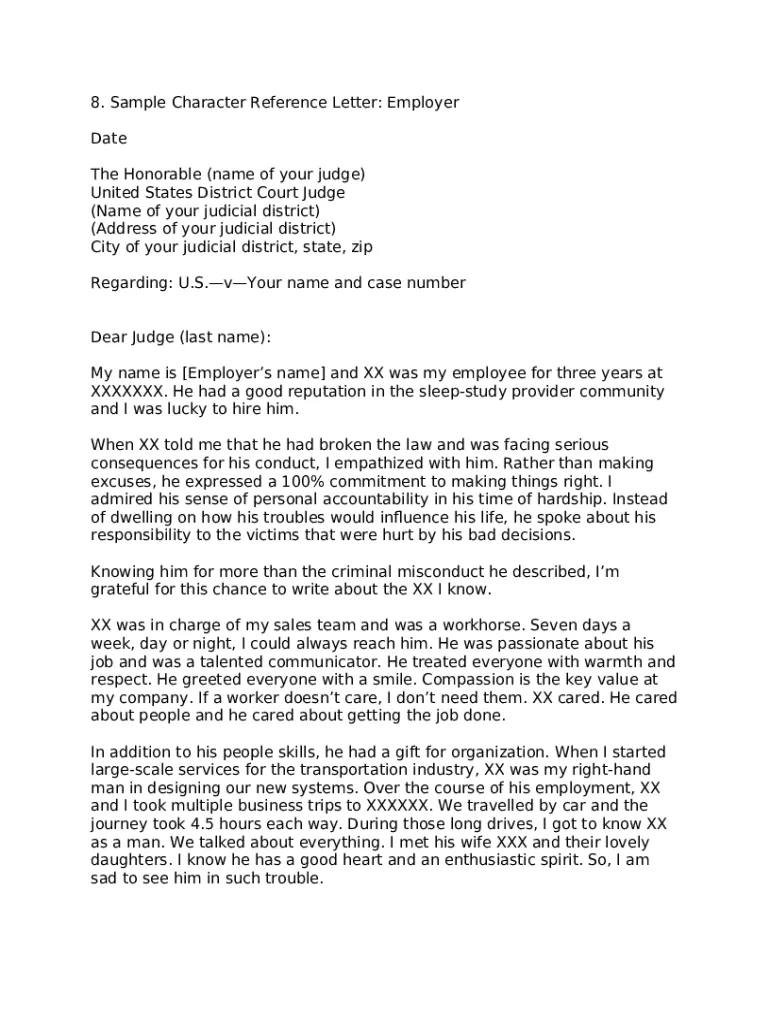Understanding the Judicial Clerkship Cover Letter
A judicial clerkship is a highly coveted opportunity for law school graduates, offering invaluable experience and a strong foundation for a legal career. Securing a clerkship requires a strategic and well-crafted cover letter that effectively communicates your qualifications and genuine interest in the position. Unlike a standard job application, a judicial clerkship cover letter requires a nuanced approach, demonstrating not only your skills and achievements but also your understanding of the judge’s work and the specific court’s practices. This article will guide you through the essential elements of crafting a stellar cover letter, specifically tailored for applicants from institutions like Harvard, aiming to help you stand out from the competition and increase your chances of landing a clerkship.
Key Components of a Standout Cover Letter
A successful judicial clerkship cover letter should be more than just a summary of your resume. It’s a persuasive document that highlights your unique strengths and demonstrates your understanding of the judge’s work. The key components include a clear and concise opening, a compelling discussion of your relevant skills and experiences, a demonstration of your interest in the specific judge and court, and a professional closing. Each section of the letter must be carefully crafted to showcase your suitability for the role and your potential to contribute to the judge’s chambers. Furthermore, the letter’s tone and style should reflect professionalism and respect for the judicial process, ensuring you make a positive impression from the outset.
Your Contact Information & Addressing the Judge
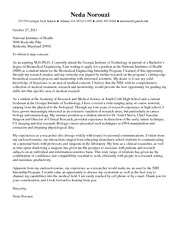
Start with your full name, address, phone number, and email address at the top of the letter. Use a professional email address. Always address the judge correctly, using their formal title (e.g., The Honorable Judge [Last Name]). If a specific contact person is mentioned in the job posting, address the letter to them, but still reference the judge in the body of the letter. Proper salutations demonstrate respect and attention to detail, which are crucial in the legal profession. It’s advisable to double-check the judge’s name and title to avoid any errors that could detract from your application.
Opening: Grabbing Attention & Stating Your Purpose
The opening paragraph is your first opportunity to make a strong impression. Start with a concise statement of your purpose – you are applying for a judicial clerkship. Then, immediately convey your interest in the specific judge or court. Mentioning a particular case the judge presided over, or a published opinion that resonated with you, can be a powerful way to show that you have done your research. Clearly state why you are interested in the position and what you hope to gain from the experience. Avoid generic opening lines. Instead, aim for a statement that is both personal and professional, demonstrating your enthusiasm and understanding of the role.
Highlighting Relevant Skills & Experiences
This section is where you showcase the skills and experiences that make you a strong candidate. Tailor this section to the specific requirements of the clerkship. Focus on abilities relevant to the judicial role, such as legal research, writing, analytical skills, and attention to detail. Use specific examples to demonstrate these skills. If you have experience in legal writing, for example, describe a particular writing project that highlights your ability to analyze complex legal issues and articulate your arguments clearly and concisely. This could include a law review article, a moot court brief, or any other substantial writing sample that demonstrates your capabilities.
Academic Achievements & Honors
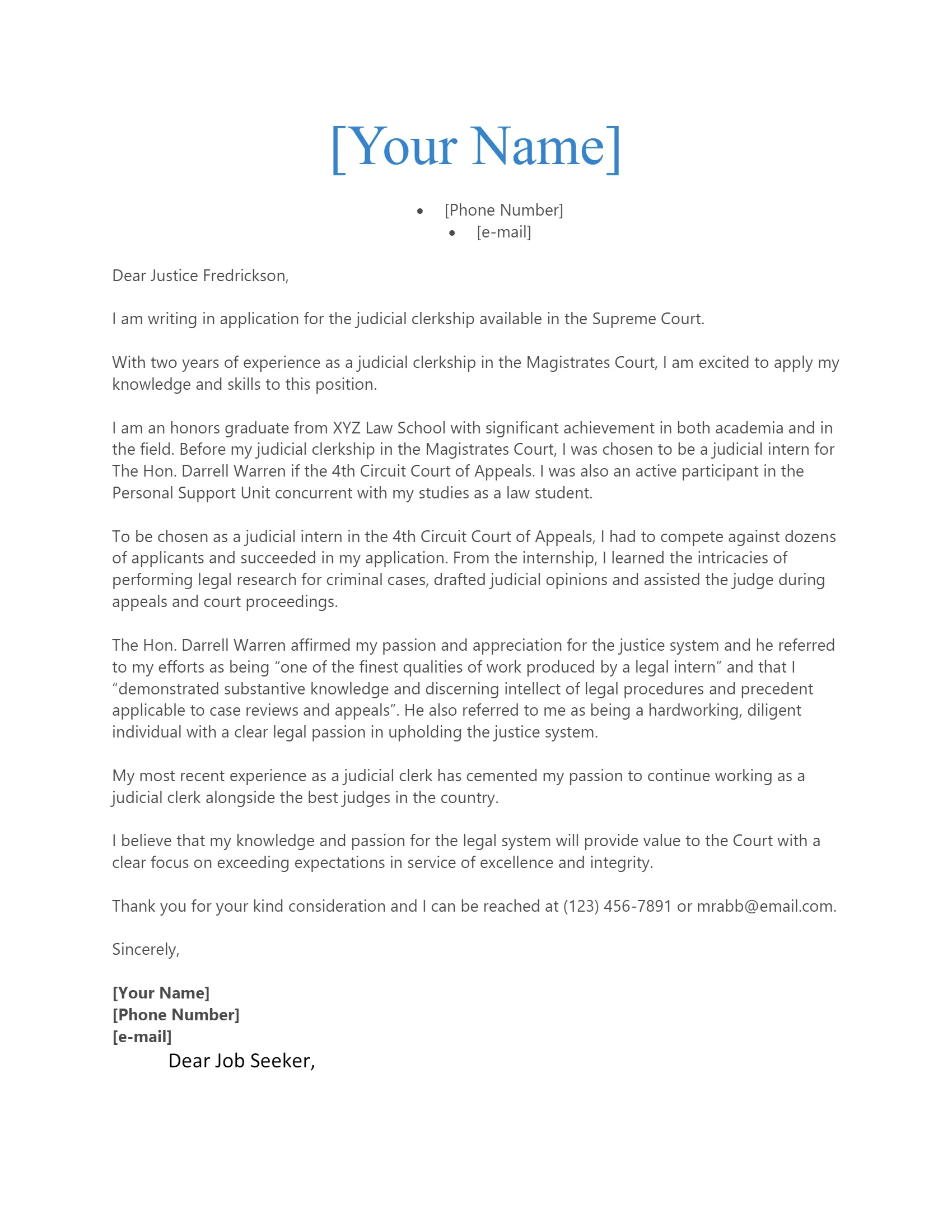
Highlight your academic achievements, such as your GPA, class rank, and any academic honors or awards you have received. Mentioning your law school, especially if it is a prestigious institution like Harvard, can add to your credibility. Include any relevant coursework or specialized areas of study that align with the judge’s interests or the court’s focus. If you were on the Dean’s List, or received any academic scholarships, this information can further demonstrate your dedication and intellectual prowess. Be specific about the awards you received, and briefly explain their significance.
Legal Experience & Practical Skills
Detail any relevant legal experience, such as internships with law firms, government agencies, or other courts. Describe your responsibilities and accomplishments in these roles. Highlight the skills you developed, such as legal research, drafting legal documents, and client communication. If you have participated in moot court, mock trial, or other advocacy activities, describe your role and any awards or recognition you received. Use action verbs to describe your duties and the positive outcomes of your efforts, for example, ‘researched complex legal issues,’ or ‘drafted persuasive legal memoranda’.
Research and Writing Abilities
Emphasize your research and writing skills. This is a critical aspect of the judicial clerkship. Mention any publications, such as law review articles or academic papers, or other examples of your written work. Describe your research methodologies and any specialized legal databases or resources you are familiar with. If you participated in legal writing competitions, detail your accomplishments. A strong writing sample, attached separately, will be a significant part of your application, so make sure to mention it in your cover letter, highlighting its relevance to the clerkship requirements.
Demonstrating Your Interest in the Judge & Court
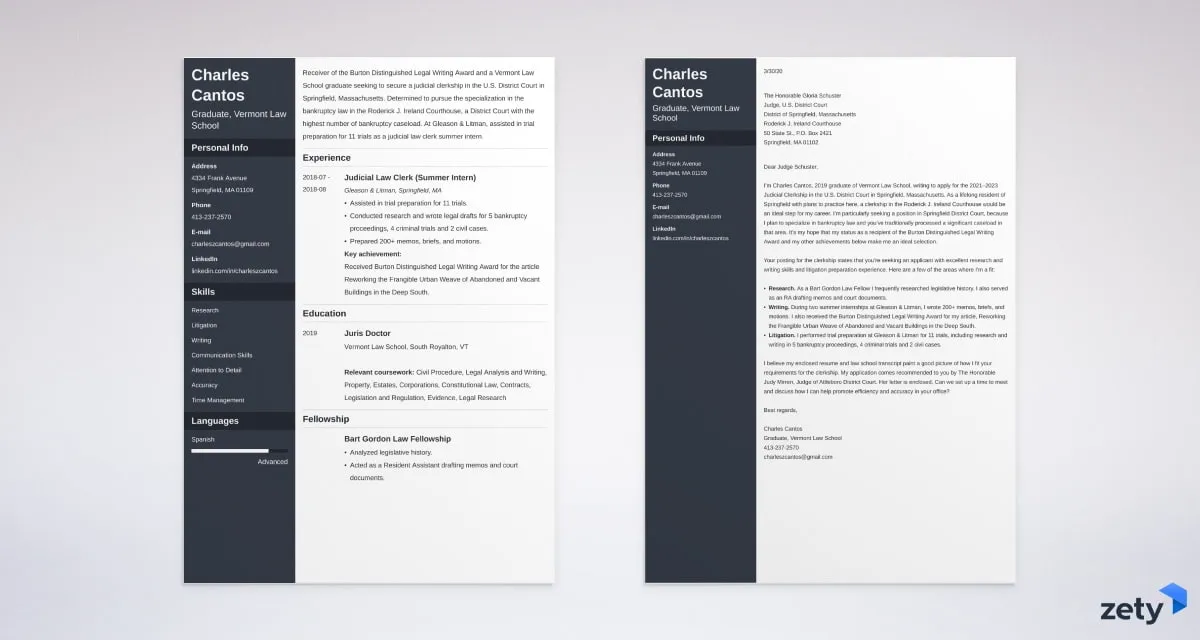
This is where you show the judge that you have done your homework. Research the judge’s background, judicial philosophy, and any significant cases they have presided over. Mention something specific about their work that interests you, such as their focus on a particular area of law, their approach to legal reasoning, or their contributions to the legal community. Demonstrate that you understand the court’s jurisdiction and procedures. This personal touch can significantly increase your chances of getting an interview.
Why This Judge? Tailoring Your Letter
Tailor your cover letter to each judge you apply to. Generic cover letters will likely be discarded. Research the judge’s interests and any public statements they have made. If the judge is known for their expertise in a specific area of law, such as intellectual property or constitutional law, and you have experience or interest in that area, mention it. Similarly, if the judge has a particular judicial philosophy, express your agreement and interest in learning from their approach. Personalizing the letter makes it clear that you are genuinely interested in working for that particular judge.
Showcasing Your Research on the Judge
Mention specific cases the judge has handled, legal articles they have written, or speeches they have given. You can find this information on the court’s website, legal databases, and through general online searches. The goal is to show you have invested the time to learn about the judge’s career and that you are prepared to contribute to their work. Demonstrating this kind of initiative signals to the judge that you are serious about the position. A few well-placed, informed references to the judge’s work will demonstrate that you have done your homework and that you are committed to the application process.
Highlighting Your Passion for the Law
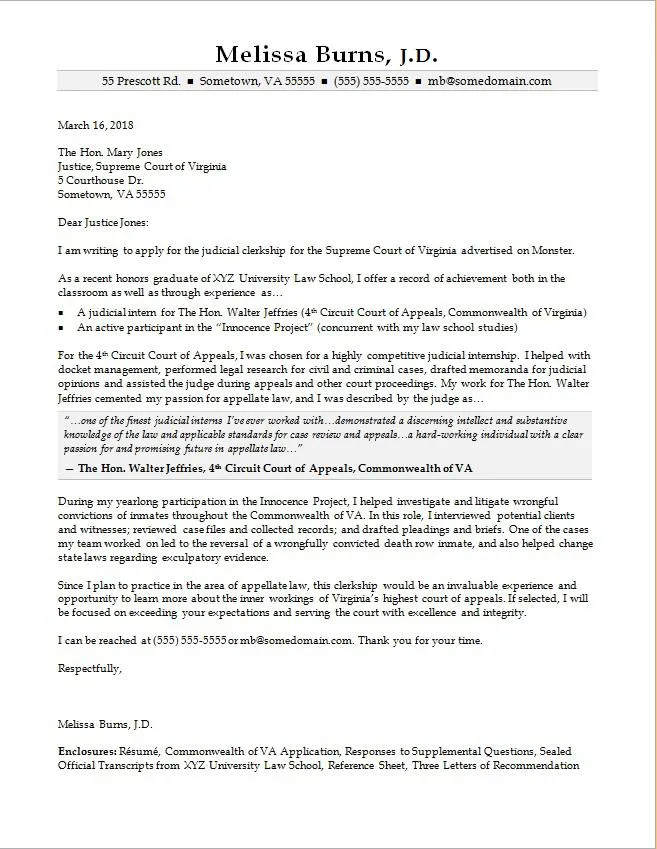
Convey your genuine passion for the law and your commitment to the legal profession. This could be through expressing your interest in the judge’s judicial philosophy or by detailing your career aspirations. You might mention your long-term goals in the legal field and how the clerkship would help you achieve them. A sincere expression of your interest in the law can set you apart from other applicants. This is also an opportunity to explain why you want to be a judicial clerk and why this opportunity is the right step for you.
Closing: Call to Action & Professionalism
Your closing paragraph should include a call to action, such as expressing your availability for an interview. Reiterate your interest in the position and your enthusiasm for the opportunity. Be polite and professional. Thank the judge for considering your application and express your appreciation for their time. Keep the tone formal and respectful. Proofread carefully to ensure there are no grammatical errors or typos.
Expressing Gratitude & Offering Availability
Thank the judge for their time and consideration, and reiterate your interest in the position. Clearly state your availability for an interview. You may also mention the best ways to reach you. Use a formal closing, such as ‘Sincerely’ or ‘Respectfully,’ followed by your typed name. A well-crafted closing reinforces your professionalism and leaves a lasting positive impression. This is your final opportunity to demonstrate your commitment to the opportunity, making a strong final impression.
Formatting & Proofreading
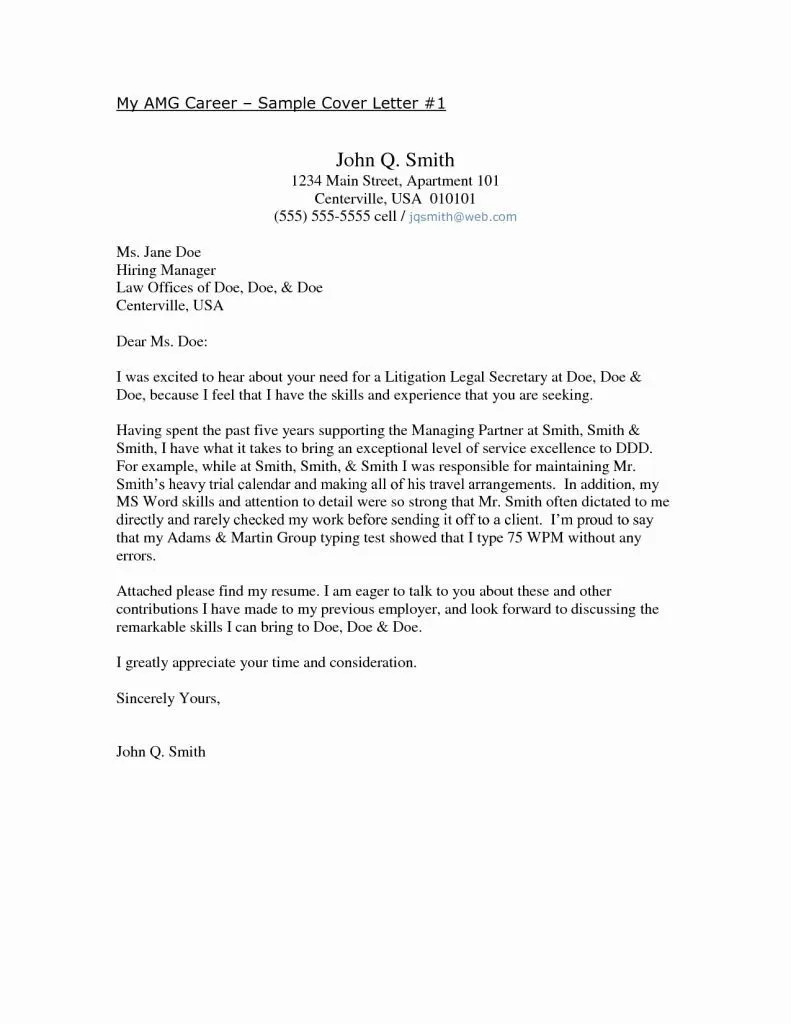
The formatting and proofreading of your cover letter are critical. A well-formatted and error-free letter demonstrates your attention to detail and professionalism. Ensure that your letter is easy to read and visually appealing. Carefully proofread your cover letter to eliminate any grammatical errors, typos, or inconsistencies. A sloppy letter can undermine your credibility. Proofreading is also essential because it shows your respect for the judge’s time.
Formatting Your Cover Letter for Readability
Use a professional font like Times New Roman or Arial, size 11 or 12. Use single spacing within paragraphs and a double space between paragraphs. Maintain consistent margins throughout the document. Use a clear and concise writing style. Avoid using jargon or overly complex sentence structures. The goal is to create a document that is easy for the judge to read and understand. Your cover letter is a reflection of your professionalism, and clean formatting is an important part of that reflection. The layout should be neat and organized.
Proofreading and Editing for Perfection
Proofread your cover letter meticulously for any errors in grammar, spelling, and punctuation. It’s a good idea to ask someone else to read your cover letter to catch any mistakes you may have missed. A fresh pair of eyes can often spot errors that you might overlook. Make sure your writing is clear, concise, and free of any jargon. Avoid making any negative statements about previous employers or experiences, and always maintain a positive and professional tone. Thorough proofreading can significantly improve your chances of success.
